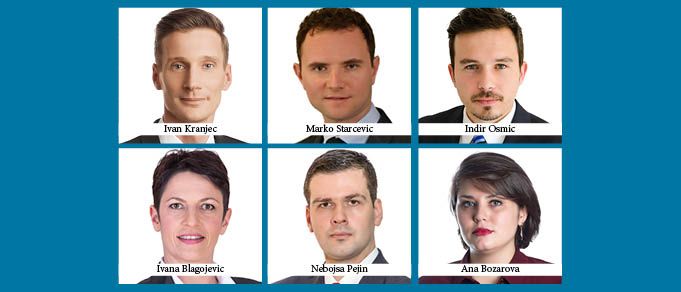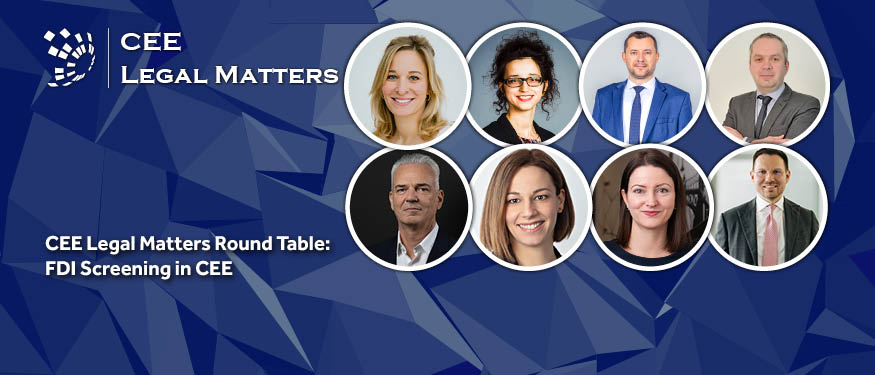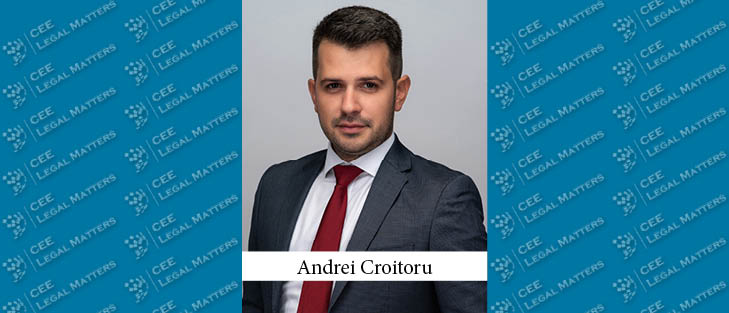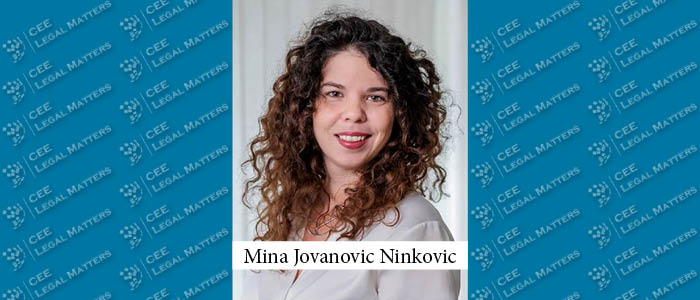Slovenia: Fine-Tuning of the Tax System
In the beginning of 2018, Slovenia introduced several minor and mainly administrative changes to its tax legislation, mostly addressing and resolving inconsistencies in the legislation that had been detected in practice.
The most important change concerns entrepreneurs and legal entities using a simplified “lump-sum cost scheme” for paying taxes. Until 2018, the use of this scheme, in which tax expenses equaling 80% of the revenue are automatically available to the taxpayer, was identified as prone to abuse. In order to prevent this abuse and tax evasion, the Tax Authority decided the scheme would only be available to those taxpayers not exceeding EUR 150,000 of revenue per year (calculated as a two-year average). Additionally, the lump-sum costs will be limited to EUR 40,000 or EUR 80,000 (for entities employing at least one person) and not automatically to 80% of the revenue, as it was previously.
Slovenia is also promoting its “eDavki” electronic tax portal, which legal entities are required to use after obtaining a verified digital certificate. The portal provides access to most of the Tax Authority’s documents and allows tax-related communication with legal entities. The use of eDavki has recently become available to individuals as well, although they do not need to obtain or use a verified digital certificate.
The most recent auditing actions of the Tax Authority are focused on the taxation of short-term real estate rentals, such as those obtained via Airbnb. The authority has urged non-compliant individuals to report their income and pay the tax voluntarily in order to avoid future audit and potential penalties.
By Ivan Kranjec, Tax Attorney, CMS Ljubljana
Croatia: Are Cryptocurrencies Tax Havens?
With the increasing popularity of virtual currencies, associated tax-compliance risks are getting a lot of attention as well.
The position of the Croatian Central National Bank is that virtual currencies are not a legal means of payment, money equivalent, foreign currency, or e-money. Although virtual currencies are not mentioned in Croatia’s tax laws, the Croatian Tax Authority (TA) has published its position on several aspects of dealing with them, including VAT, personal income tax, and payments.
The TA has characterized transactions involving virtual currencies as a VAT-exempt financial service related to negotiable instruments. The ECJ, in case C-264/14, put virtual currencies in the context of means of payment and ruled that any exchange of virtual currency and regular currency is a VAT-exempt supply. The TA is obliged to follow rulings of the ECJ.
Personal income tax rules involving the trade of virtual currencies focus on gains derived therefrom. Although it did not provide an adequate explanation, the TA views virtual currency as the equivalent of money market instruments. Since gains realized in the disposal of money market instruments are taxable, the TA has concluded that gains realized from the sale of virtual currencies should be taxed as capital gains from financial assets – thus at 12% (plus city tax).
Finally, there is the question of payments in virtual currency. The law treats payments of an undertaking to individuals as a cash payment if not transferred into the recipient’s bank account. Using that logic, the TA views payments in virtual currency as cash payments. With only certain types of income payable in cash in Croatia, interestingly enough, a seasonal worker’s salary could be paid in the virtual currency, while a regular salary could not. In B2B transactions, payments in virtual currencies are possible.
By Marko Starcevic, Senior Tax Manager, CMS Zagreb
Bosnia and Herzegovina: Extensive Tax and Social Contributions Reforms
Following the requirements for IMF financing, Bosnia and Herzegovina and its lower administrative levels are extensively reforming their fiscal and socio-economic legal frameworks to create a favorable environment for development and new investment.
New laws related to indirect taxes (e.g., customs and excise duties) were adopted at the state level, while a new VAT Act is in the process of adoption. Just recently, the Indirect Taxation Authority introduced e-services for VAT taxpayers to improve tax compliance.
At the entity level, both the Federation of Bosnia and Herzegovina and Republika Srpska have introduced new corporate profit tax laws and bylaws, bringing extensive reform to the transfer pricing rules.
Republika Srpska has also introduced new laws related to personal income and social contributions, which the Federation of Bosnia and Herzegovina is still in the process of adopting. Under the current drafts, a progressive income tax rate will be introduced and the social contributions rates will be slightly reduced.
Regulatory regimes affecting company laws, labor laws, and pension systems are also being reformed. As part of the pension system reform, the entities are working more dynamically on developing a voluntary-pension sector. CMS Sarajevo in cooperation with local lawyers has advised stakeholders on the successful establishment of the first voluntary pension fund and management company in Bosnia and Herzegovina.
By Indir Osmic, Attorney-at-Law, CMS Sarajevo
Serbia: Incentives to Public-Private Partnership Projects
Serbia has amended its VAT and corporate income tax regulations in an effort to accelerate economic activities and employment and incentivize public-private partnership projects.
As of 2018, and if certain conditions are met, goods and services supplied by the private partner to the public partner, and vice versa, are out of scope of Serbian VAT. Such treatment (out of scope of VAT) is granted provided that: (i) the goods and services are supplied within the framework of a public-private partnership agreement with concession elements concluded in accordance with the Serbian Act on Public-Private Partnership and Concessions; (ii) both public and private partners must be taxable and VAT registered in Serbia; (iii) if the supply of goods and services would otherwise (i.e. in the absence of the public-private partnership agreement, but under a regular commercial agreement) be taxable under Serbia’s VAT Act, both the public and private partner would have the right to deduct input VAT.
General VAT rules, however, apply to supplies of goods and services within a public-private partnership agreement with concession elements that were already paid for in part or in full before January 2018.
From the corporate income tax perspective, new depreciation rules for intangible assets have been introduced in 2018. Intangible assets such as concessions, licenses, patents, brands, and franchises are to be depreciated by applying the straight-line depreciation method in proportion to their useful life. The depreciation base is the acquisition price.
By Ivana Blagojevic, Senior Tax Lawyer, CMS Belgrade
Montenegro: Double Tax Treaty with Portugal in Application
The Treaty on Avoidance of Double Taxation between Montenegro and Portugal, which is in force and applies as of December 7, 2017, introduces several benefits and opportunities for both Portuguese and Montenegrin companies. A 5% tax is introduced on dividend income (if the beneficial owner is a company other than a partnership which directly or indirectly owns at least 5% of the company’s share capital) and on income from royalties.
Income from the provision of consulting, market research, and auditing services earned by Portuguese companies is exempt from withholding tax in Montenegro (provided there is no permanent establishment of the Portuguese company in Montenegro).
Capital gains realized on the sale of shares or comparable interests are exempt from taxation in Montenegro if less than 50% of the value of shares or interests is derived directly or indirectly from real estate located in Montenegro. Capital gains realized on the sale of naval ships and aircraft used in international traffic or from related movable assets are taxable only in the country where the company’s place of effective management is located.
By Nebojsa Pejin, Attorney-at-law, CMS Podgorica
Macedonia: Personal Income Tax Changes
New personal income tax regulations effective from 2018 require Macedonia’s tax authority to prepare and deliver an annual tax return to each taxpayer for the previous year no later than April 30th. If the taxpayer does not confirm or correct this tax return in the following month, it will be considered final.
Still, old rules apply to tax returns for 2017 and taxpayers should file their tax return themselves.
Under another amendment, relating to the calculation and payment of personal income tax for each payment of income, the payers of income must file the calculation of the gross income, the personal income tax, and the net income to the tax authority before each payment. The tax authority will control and approve such calculation and the income payer will be provided with an electronically generated payment order for the personal income tax and the net income.
This will enable the tax authority to control the payment of personal income tax and be provided with the information it requires to prepare annual tax returns.
By Ana Bozarova, Associate, CMS Skopje
This Article was originally published in Issue 5.2 of the CEE Legal Matters Magazine. If you would like to receive a hard copy of the magazine, you can subscribe here.






















